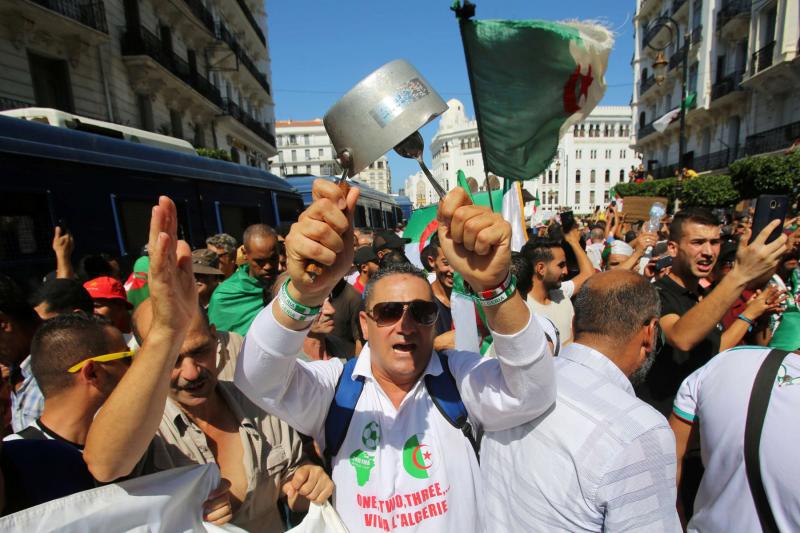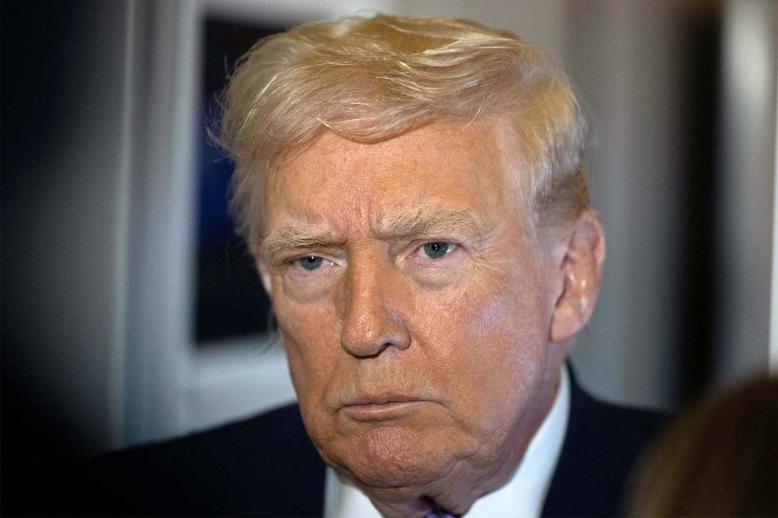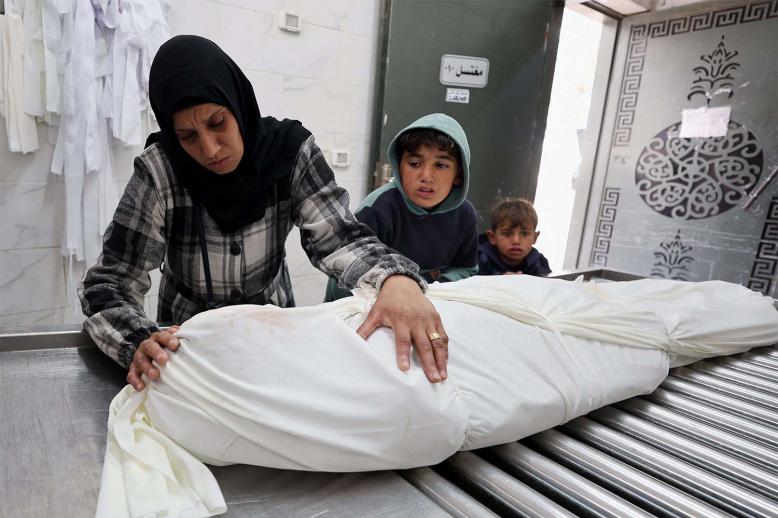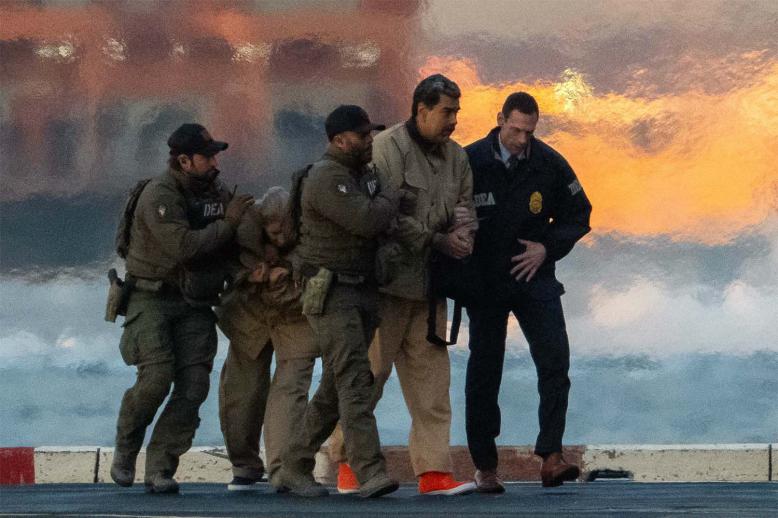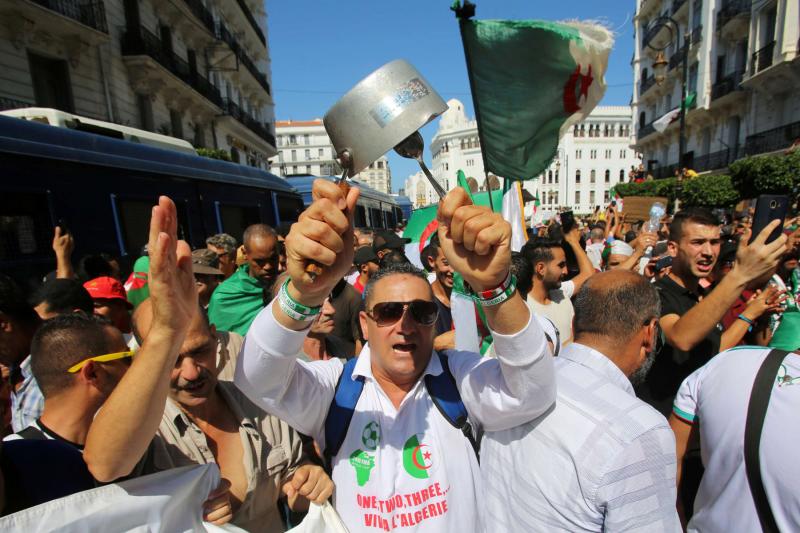Algerian, Sudanese Armies advance opposite but equally uncertain paths
Two large countries in Africa have witnessed mass demonstrations that are altering the course of their history — Algeria and Sudan. The latter appears to be moving towards democratic rule. The former is locked in a standoff between the army high command and the population.
In neither country is the immediate future easy to read but the Sudanese and Algerian people have reclaimed a voice on the political stage, which they will not give up without a fight. Putting the democratic genie back into the bottle will be all but impossible in the medium term, even if episodes of violence occur in the meantime.
Sudan is a tribal country that has witnessed bloody strife for decades, leading to the creation of a breakaway entity, a Christian-dominated state in the south. In Algeria, a civil war pitted the security forces against hard-line Islamists but there was never any risk of any part of the country seceding.
Tribes disappeared as a political force in Algeria before independence in 1962. In Sudan, outside forces, notably Saudi Arabia, play a key role in shaping domestic politics. Not so in Algeria, whatever influence France and Russia may exert.
Unlike its Sudanese, let alone Egyptian or Syrian, counterparts, Algeria’s military emerged from a violent conflict against the colonial power, France. It acted as the midwife to the state. Indeed, it created it. It shares this unusual historical role with its American and Israeli peers.
Its influence on Algerian politics has, inevitably perhaps, been linked not only with the struggle for independence but with Algeria as a political concept writ large. That its generals should play an important role in politics is no more surprising than in Israel.
No constitutional article forbids the Algerian Army from intervening abroad. It did so in 1967, though it made clear to the United States that it was only dispatching troops to Egypt to help defend Gamal Abdel Nasser’s regime during the Six-Day War. Its special commandos have intervened in Libya, not least in the spring of 2011, and it has operated sparingly in Libya and Mali since then to guard the country’s frontiers.
More publicly, it has operated alongside its Tunisian counterpart, with the full consent of Tunisian political and military leaders, to combat armed Islamist groups along the countries’ border since 2011.
Algeria’s 150,000-troop military reflects every region and class in the country and its officer corps is highly educated. Western diplomats and militaries agree that Algerian officers are as professional as many of their peers in the Middle East.
Following Nasser’s accession to power, the Egyptian officer corps was weakened when he surrendered much of the day-to-day processes over the military to Abd al-Hakim Amer, in exchange for its loyalty. The result was disastrous over time as promotions based on patronage rather as military skill undermined the army’s capacity to fight. The result was the shattering defeat to Israel in 1967.
In the 1980s, economic liberalisation combined with a desire to cut military costs allowed the army to become an economic actor in its own right while binding ever older officers to Egyptian President Hosni Mubarak’s crony elite. The loss of military professionalism was dramatic.
In Algeria, the army does not operate large parts of the economy as it does in Egypt.
This does not mean that officers cannot find well-paid jobs in the private sector once they retire. Many army or gendarmerie officers are competent managers. This is quite distinct from the kickbacks some senior officers receive on weapons and civilian contracts with foreign companies. The distinction between civilian and military leaders is not easy to establish, many senior politicians having held rank in the People’s National Armed Forces or the security forces.
The army, however, cannot accommodate the legitimate ambitions of many of its officers. Mechanisms need to be built that allow officers who have achieved the rank of colonel to move to the private sector but on condition they play by civilian rules. The need to institutionalise, craft rules and ensure transparency is a major challenge if Algeria is to build a more accountable and modern system of government.
Former Algerian President Abdelaziz Bouteflika’s disastrous legacy is that he appointed second-rate men he held in contempt and could easily manipulate through corruption. Hence, his appointment of Ahmed Gaid Salah as chief-of-staff in 2004 over far more competent senior officers.
The close ties Bouteflika wove between many of the senior military and security forces, crony entrepreneurs, whose rise from obscurity was the wonder of Algiers, and key allies such as Chakib Khelil, who was minister of energy for a decade after 1999, have left Algeria bereft of functioning institutions.
Conflicts within this nebulous group have drawn in foreign interests, robbed Algeria of its wealth and hollowed out respected institutions, such as the state oil company, Sonatrach, the Ministry of Foreign Affairs, where the recent wave of ambassadorial appointments destroyed what was left of a once august institution, the Central Bank, the Centre for Research for Applied Economics and Development, the National Energy Council and the Institute of Global Strategy.
The security forces and the army tried to resist. In 2010, they managed to get Khelil sacked.
Since mass demonstrations ended Bouteflika’s hope for a fifth term as president, Gaid Salah has acted as the mouthpiece of the high command. However, he overstepped the mark when he commandeered the presidential plane to fly to Ouargla where he publicly intimated to Interim President Abdelkader Bensalah that he must call for presidential elections by September 15, with the vote three months later.
Gaid Salah’s humiliation of Bensalah came after the interim president’s refusal to endorse a list of appointments of senior officers submitted by Gaid Salah. Gaid Salah is also trying, so far without success, to push through the appointment of new ambassadors, many of whom owe him favours and are unsuited to their proposed jobs.
As he puts himself and his family forward, Gaid Salah should bear in mind that he is the spokesman of the majlis of senior generals, no more. Some of them might think he is getting too big for his boots.
Gaid Salah’s latest moves suggest he holds the Hirak — as the demonstration movement is known — in utter contempt, as did Bouteflika, and has no intention of organising a democratic presidential poll.
He may have overreached by treating Bensalah as a foot soldier. By so doing, he risks splitting the high command, as happened in 1991-92 with the dramatic consequences that followed. Should the high command choose repression, it might find that some army, police and gendarmerie officers are reluctant to shoot at the population.
Gaid Salah risks making the same mistake as Charles de Gaulle in 1959. He thought Algeria was a “poussiere d’hommes” (“a collection of dust”), i.e. a disintegrated and anarchic population.
Algeria is better thought of as the juxtaposition of “the sometimes ferocious strength of a succession of states and their simultaneous fragility and limitations” described by the historian James McDougall in his “A History of Algeria.”
The Hirak and wiser councils in the army have avoided violence because they understand that history cannot simply be “written about only in terms of upheaval, rupture, violence and trauma.” These have existed in abundance in Algeria but the army should avoid justifying the cliches so beloved of the former coloniser.
Many officers understand that an honest debate with the Hirak, however protracted, is more likely to produce more solid institutions, while enshrining their role as guarantors of Algeria’s stability than repression.
Here, as in Sudan, a younger more educated population is unlikely to accept the authoritarian form of rule that has so long been the norm in the broader Middle East.
Francis Ghiles is an associate fellow at the Barcelona Centre for International Affairs.
This article was originally published in The Arab Weekly.


